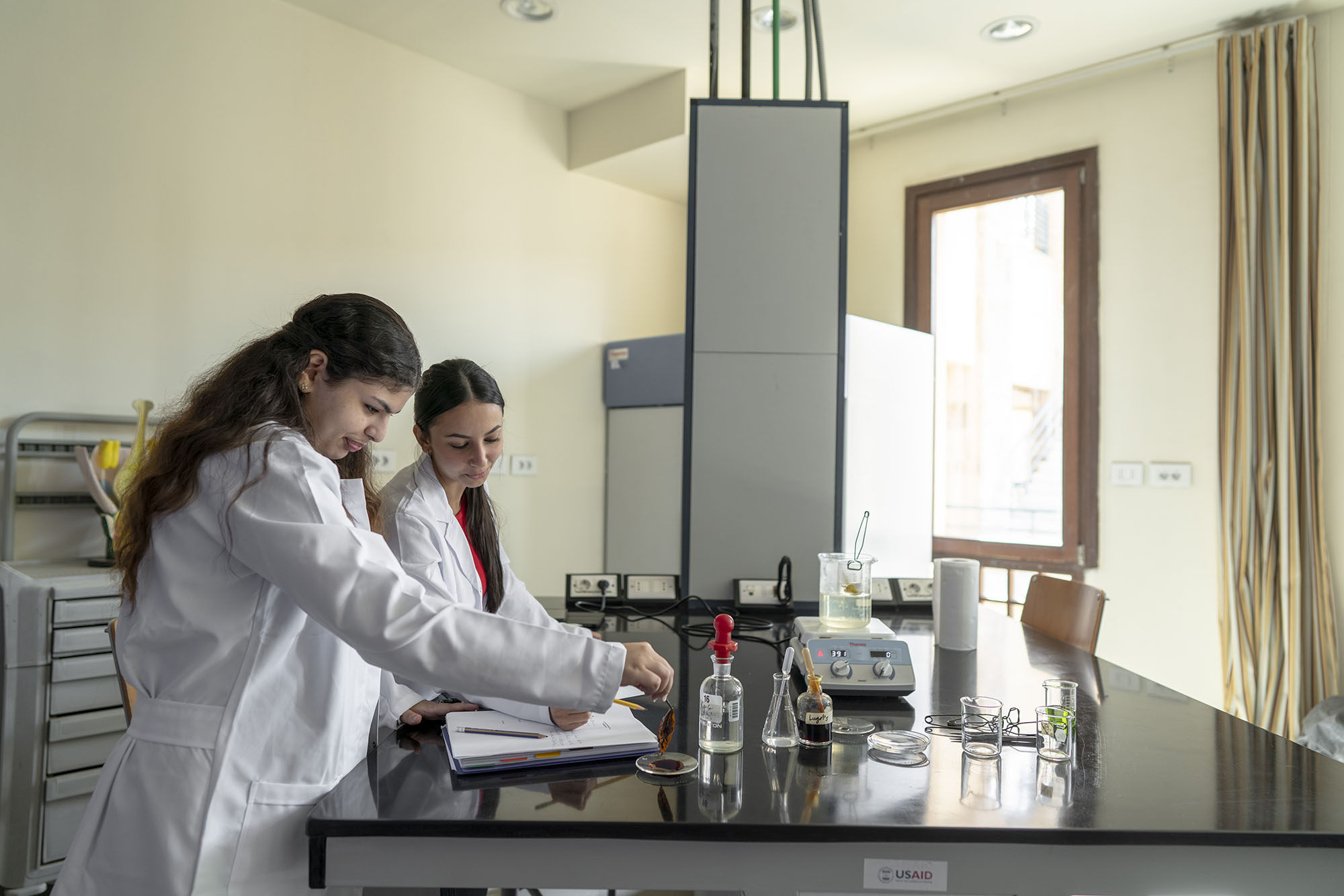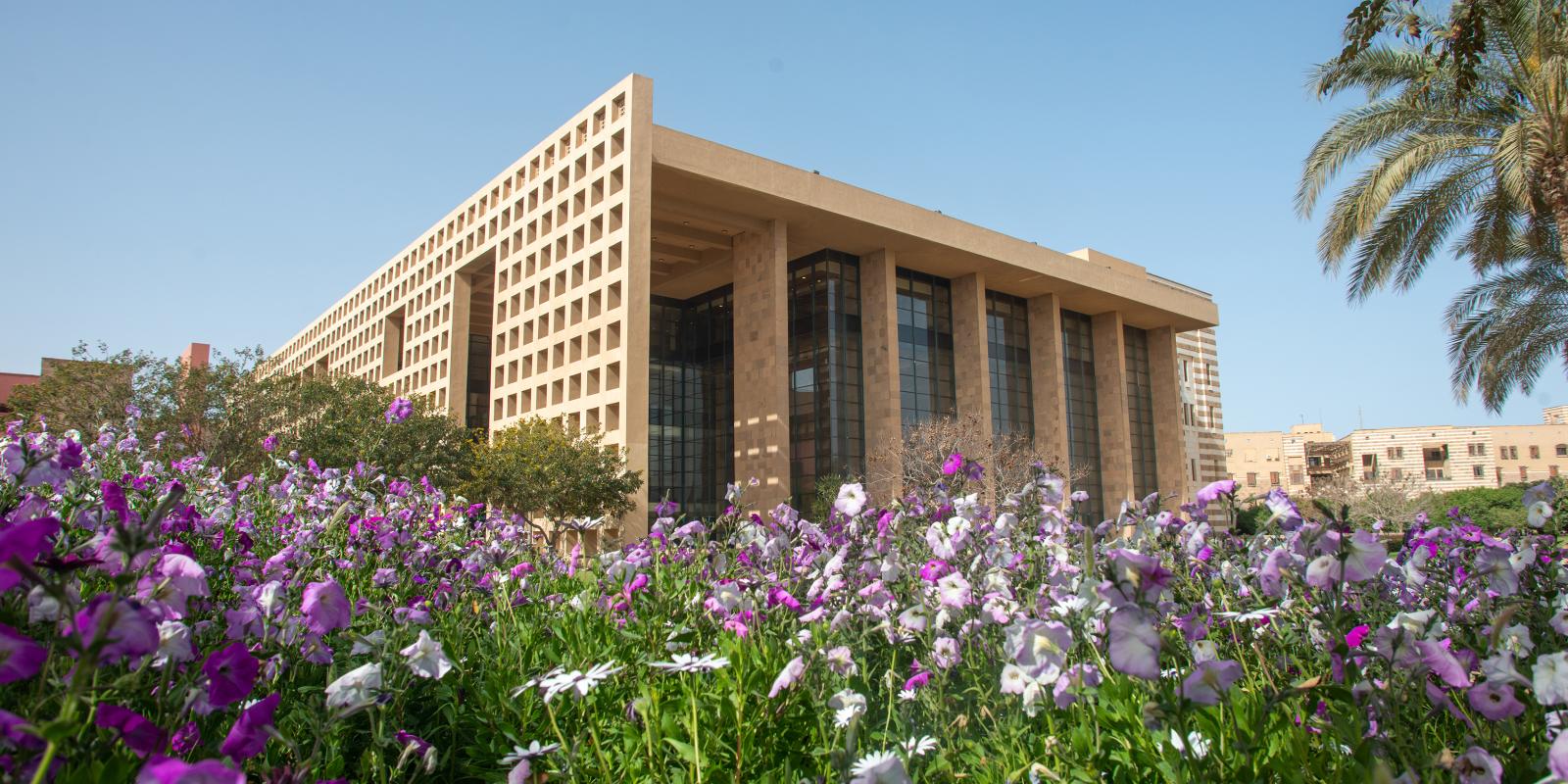Global Public Health - MPH
Program Overview
The Master of Global Public Health (MPH) program provides postgraduate education to prepare students for a career in several essential and innovative areas of interdisciplinary specialization through a sound foundation in the biomedical, engineering, and data sciences. The MPH program also recognizes the need of the practitioner to be cognizant of the social, behavioral, policy and regulatory dimensions of public health in the regional and global context of today’s world.
This program, through its implementation science and engineering perspective, will prepare practitioners with a mission of innovation, implementation, education, and service as global citizens committed to health, disease identification, mitigation, and prevention which is essential to meet the global public health workforce needs in our region.

Degrees and Admission Requirements
Students wishing to pursue a Master of Global Public Health (MPH) should meet the minimum academic and admission requirements set by AUC.
Learning Outcomes
Function with competency in the general five pillars of public health (Social & Behavioral Sciences, Biostatistics, Epidemiology, Environmental Health, and Health Policy and Management) as well as other functional competency areas identified by CePH
Collaborate with communities and community-based health care professionals on public health initiatives
Assume beginning leadership roles in public health (specific to tracks) and in organizations and coalitions that advance public health
Critically analyze research evidence and relevant data (e.g. big data) to determine health care trends, best practices, and develop appropriate public health interventions
Manage public health projects through assessment, planning, implementation, evaluation and sustainability to realize best practices
Communicate effectively and efficiently to foster collaboration, teamwork, and achievement of knowledge-practices dissemination and health outcomes for improved wellness, quality of life and optimal intervention
Fellowships
Fellowships are highly competitive awards. They are open to new students and may also be available to continuing graduate students who display superior performance in their academic endeavors, depending on the availability of allocated funds for a given fellowship award.

Discover More In Academics
Learn about related programs, important research, faculty, accreditation and more.